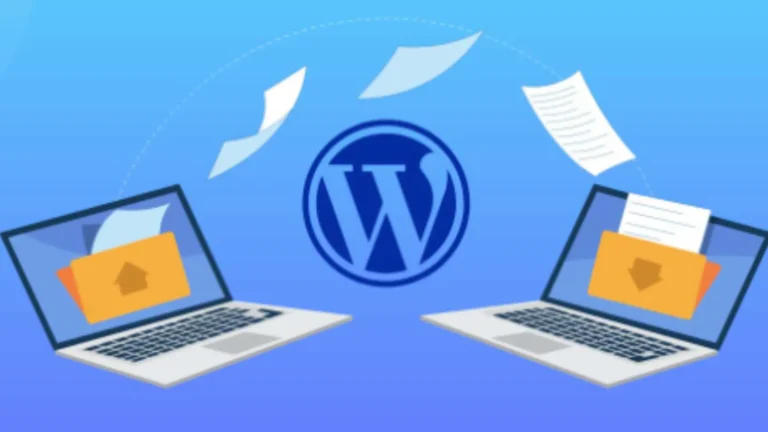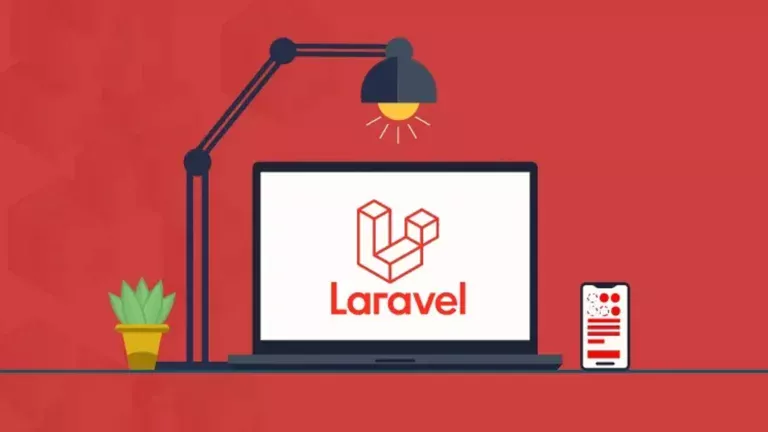Python Learning
Python is a high-level, interpreted, general-purpose programming language that can be used for both object-oriented and structured programming. It is written in the Python programming language. It is very flexible and provides a large number of functions via the use of standard libraries, allowing for the simple development of complicated applications.
At the same time, Python is the most widely used and fastest-growing programming language in the world today. Keeping this in mind, the following are some beginner-friendly Python learning strategies:
- Recognize your area of interest
It is important to recognize your area of interest before beginning your Python learning journey in order to stay motivated throughout the process. Machine Learning, Artificial Intelligence, Web Development, Robotics, App Development, Python scripts, and other fields are just a few of the topics to investigate using Python.
- Practice coding on a daily basis
When learning a new programming language, it is critical to code on a daily basis. This helps you get more acquainted with the language by establishing consistency and helping you learn it. You may begin with a modest amount of coding time and progressively expand your coding time as you go.
- Make customized handwritten notes as needed
Because they demand concentrated attention, personalized handwritten notes are an excellent method to learn the principles and syntax of Python. They may also be useful in the future if there are any questions since they include a lot of essential information all in one place.
- Consider taking an online course
Online courses are a fantastic method to Python learning since they offer both the required knowledge and the tools to put it into practice. Online courses often have feedback mechanisms that allow you to ask for assistance if you need it. Furthermore, these courses move from fundamental to advanced topics, which allows you to get more information in a more effective way.
- Connect with others
Python has a huge online community, making it simple to connect with others to clear up any questions you have or to engage in debates on the language. Additionally, participating in online forums and answering questions is a fantastic way to improve your own knowledge of Python and clarify your ideas.
- Start with tiny projects
For a novice, modest projects are a fantastic approach to getting a deeper understanding of Python and becoming more proficient in it. It is not required that these initiatives be very helpful, as long as they provide you with valuable Python learning opportunities.
Some examples of projects that may be created are a calculator application, an alarm clock application, a tic-tac-toe game, and so on. After finishing the beginning level, one may begin working on projects related to the domain that they want to follow further in their career (like Web-development, ML, etc.).
- Contribute to open-source
Contributing to open-source Python projects may assist in gaining a better knowledge of the Python programming language and environment. In addition, the comments and recommendations you get will assist you in becoming a better programmer and in learning the best practices for the Python programming language.
- Give someone else the opportunity to Python learning
It is believed that you only really understand something when you can teach it to someone else. So, whether via blog entries, video recordings, live lectures, or other means, pass on your Python knowledge to others. While doing so, you will improve your comprehension of Python while also identifying any gaps in your expertise that need filling




